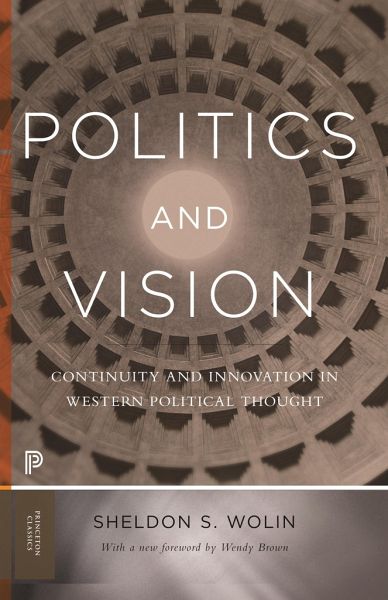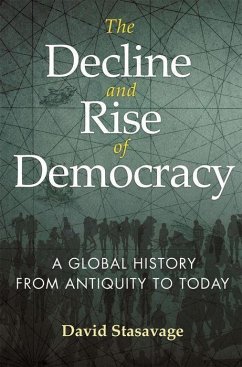
Politics and Vision
Continuity and Innovation in Western Political Thought. With a New Foreword by Wendy Brown

PAYBACK Punkte
11 °P sammeln!
Politics and Vision is a landmark work by one of the great thinkers of the twentieth century. This is a significantly expanded edition of one of the greatest works of modern political theory. Sheldon Wolin's Politics and Vision inspired and instructed two generations of political theorists after its appearance in 1960. Substantially expanded for re













